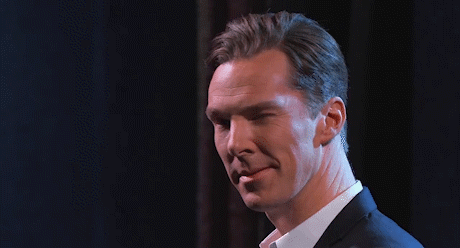Struggling to find a job? Devilishly attractive? Well the two may be linked.
That’s according to a new study from the University of Maryland, where researchers discovered that male attractiveness can be a disadvantage when it comes to job interviews.
According to assistant professor Marko Pitesa, handsome men intimidate employers, who see them as a potential threat.
The research team did find, however, that if the interviewer was told he would be working alongside the interviewee – rather than have the interviewee working for him – attractive men were favoured.
241 adults were asked to evaluate fictional job candidates based on fake qualifications and experience with men assessing men and women assessing women.
Fictional candidates came with computer-generated headshots that were either attractive or unattractive.
A second experiment involved 92 people, who were asked to evaluate competitors or partners in a quiz game. Again, headshots ranging in attractiveness were used and the same pattern of discrimination was seen.
In another test, women judged men and men judged women, and in a final experiment, actual student candidates were used. In both cases, people opted to work with attractive men but compete against unattractive men.
‘The way we explain it here, pretty men just seem more competent, so it is actually subjectively rational to discriminate for or against them,’ Pitesa said.
Fuente: metro.co.uk
